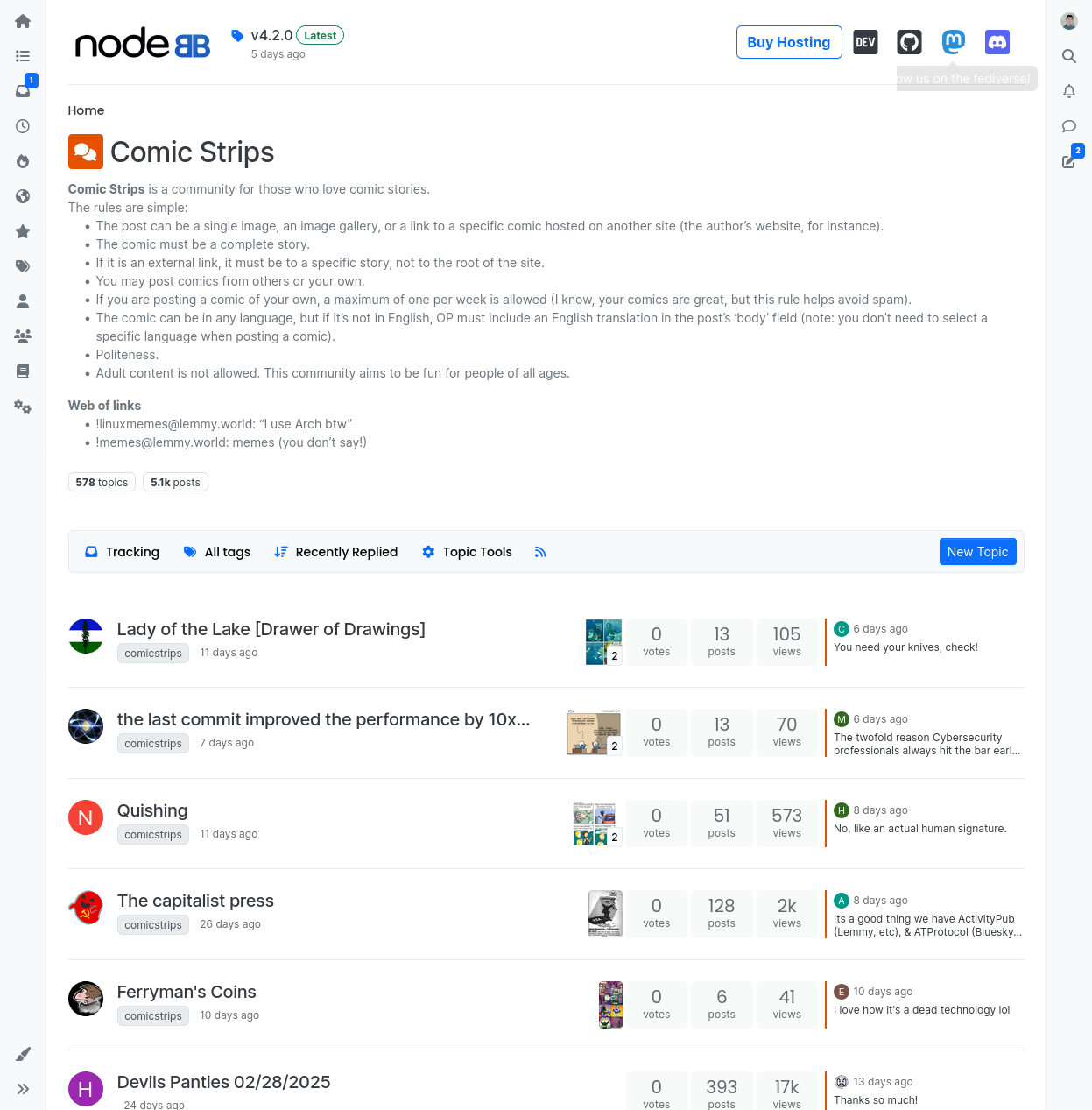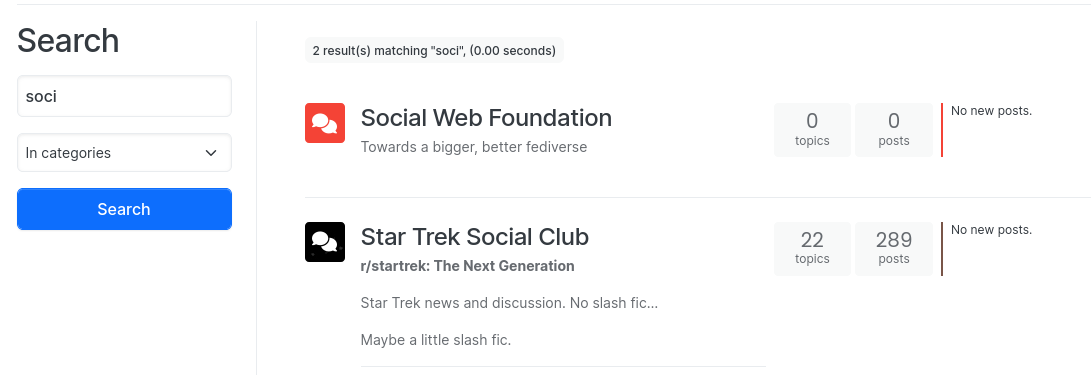@hamishcampbell@mastodon.social recently made a statement that got me thinking about our place in the open social web, and the direction it's going.
He says to @deadsuperhero@social.wedistribute.org and @evan@cosocial.ca re: SXSW
#FediverseHouse this feels like an irrelevant echo chamber, I really miss the grassroots #DIY that built this space in the first place. This #maistreaming is too much noise vs signal... currently the grassroots #DIY space is a hollow shell
(two posts combined)
That immediately got me on edge as someone new to ActivityPub in 2024. Does this mean I'm "mainstream", and somehow "bad"?
Mainstream adoption is good and a step in the right direction. I personally think ActivityPub isn't ready for general mainstream consumption, but we as a group are rapidly closing the gap and I'd much rather continue building momentum instead of waiting for the opportune moment.
Here's the hot take that I was going to originally write, but thought came off as too combative:
It sounds like you feel like ActivityPub development only counts when you're toiling away in obscurity.
As someone who's hacking away on a platform that hasn't been "mainstream" for over a decade (forum/BBS software), I bristle at the notion that what I do doesn't count as grassroots or DIY. You don't have to be the perpetual underdog to do good in the world.
I might be wrong, but it sounds like Hamish feels like big players are coming in and taking the ball away... that big players' clout and presence takes away from the attention that smaller DIY projects receive.
Maybe... but if the fediverse is 100x larger with a big player, and they take 99% of the eyeballs, have they really taken anything away from you?





